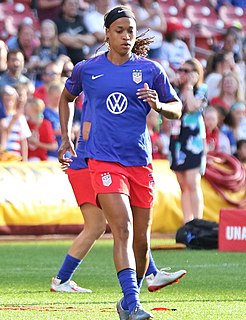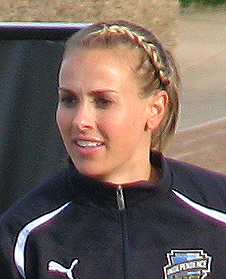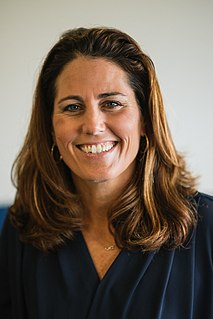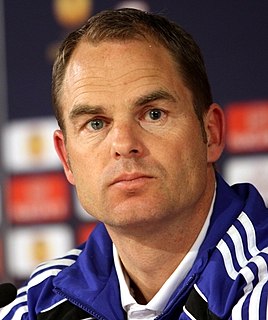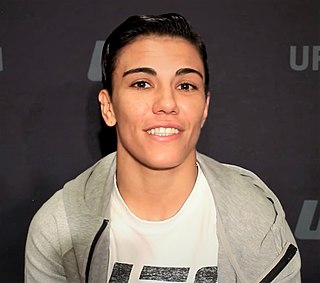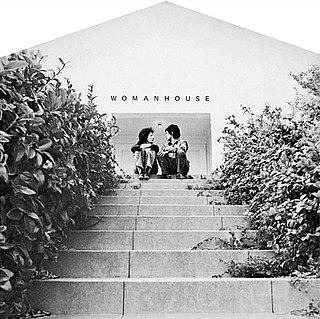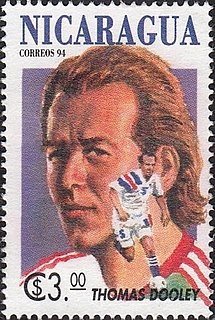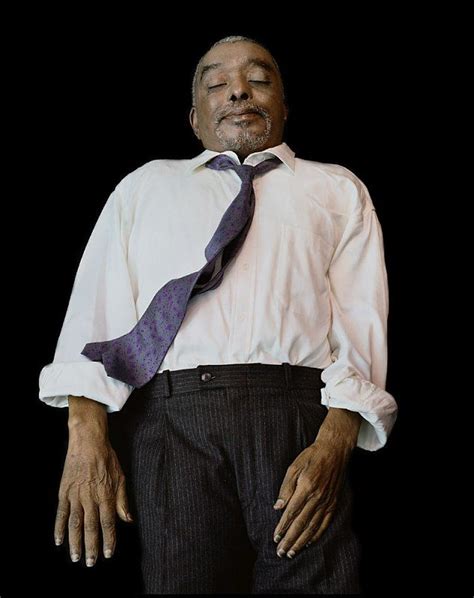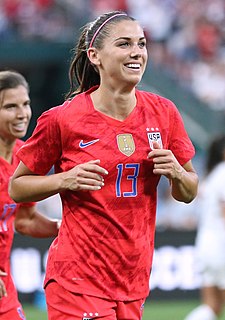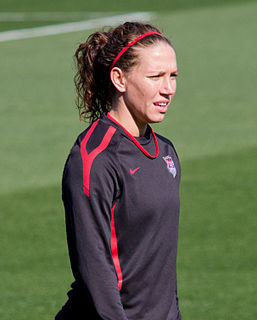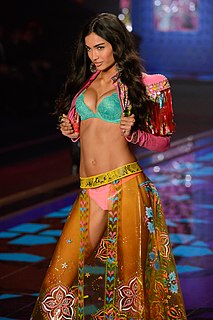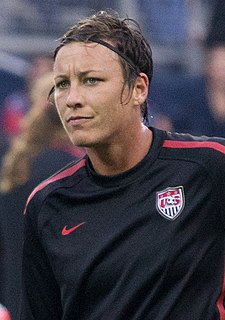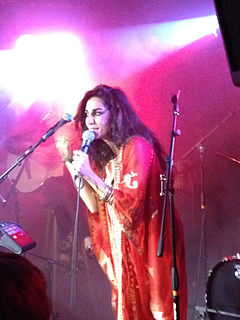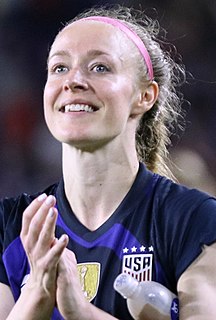A Quote by Jessica McDonald
Related Quotes
My teammates and I are best known for our penalty kick victory against China to win the 1999 Women's World Cup. But a lot of people don't realize that when we were first playing soccer on the Women's National Team, the Women's World Cup didn't exist. In fact, Women's Soccer wasn't even in the Olympics.
The Women's World Cup gives FIFA a chance, once every four years, to showcase the growth of women's soccer. It gives FIFA a highly visible opportunity to encourage countries around the globe to also support their women's programs. It gives FIFA the forum to show countries the potential of women's soccer if only you support it.
Women have always collected things and saved and recycled them because leftovers yielded nourishment in new forms. The decorative functional objects women made often spoke in a secret language, bore a covert imagery. When we read these images in needlework, in paintings, in quilts, rugs and scrapbooks, we sometimes find a cry for help, sometimes an allusion to a secret political alignment, sometimes a moving symbol about the relationships between men and women.
I've noticed a lot of people talking about the wealth of roles for powerful women in television lately. And when I look around the room at the women here and I think about the performances that I've watched this year, what I see actually are women who are sometimes powerful and sometimes not. Sometimes sexy and sometimes not. Sometimes honourable and sometimes not. And what I think is new is the wealth of roles for actual women in television and in film. That's what I think is revolutionary and evolutionary and it's what turning me on.
Women's tennis has been around for a very long time - we're talking about the 1800s. But women's soccer hasn't had such a long history, so now they're right at the beginning of really trying to make things equal. We need to continue not only to advocate for women but to have men advocating for women.
